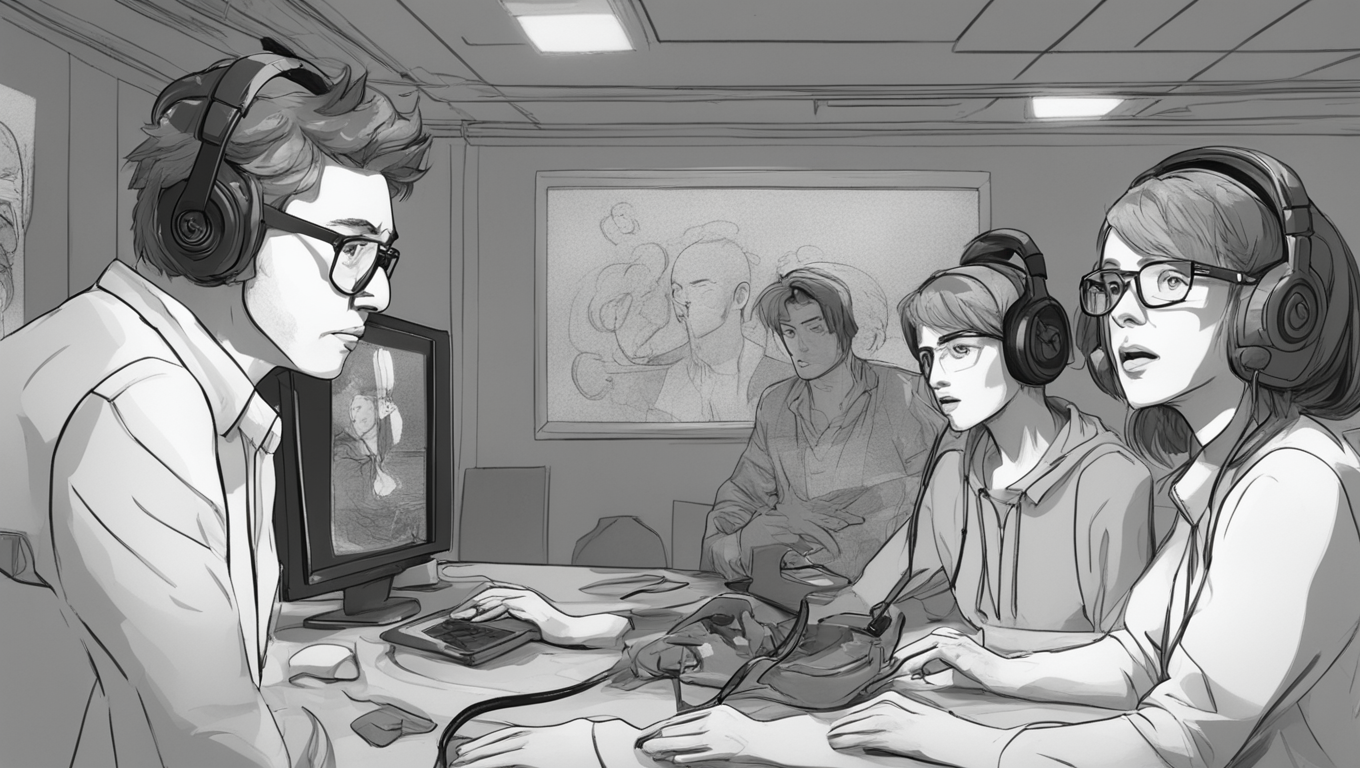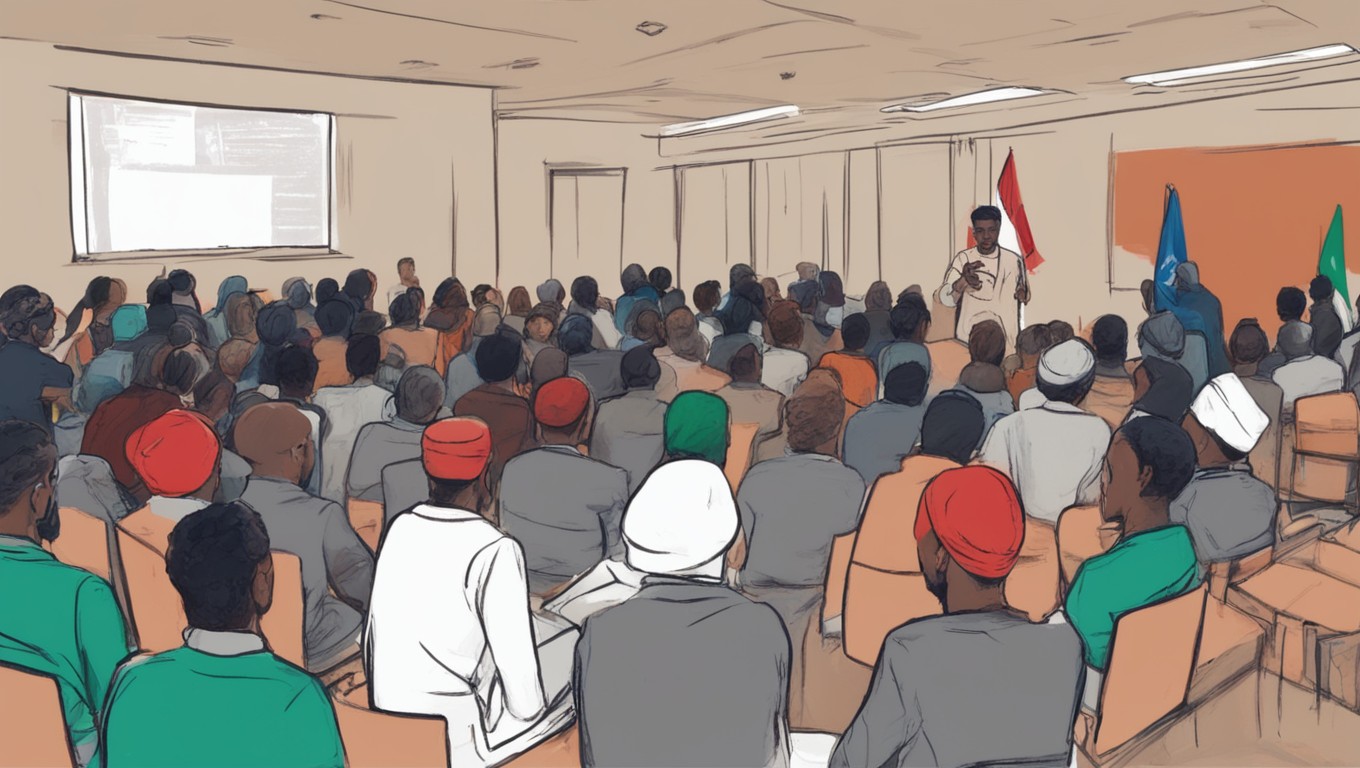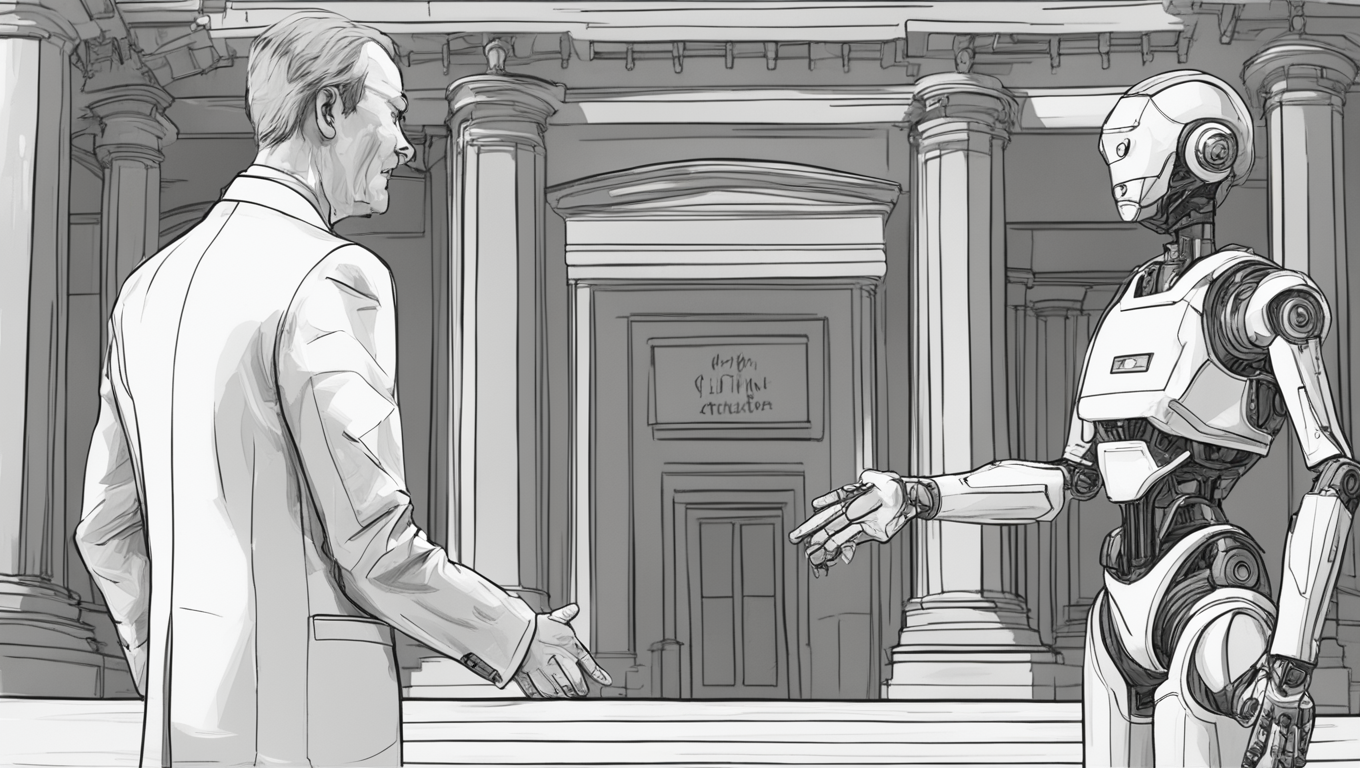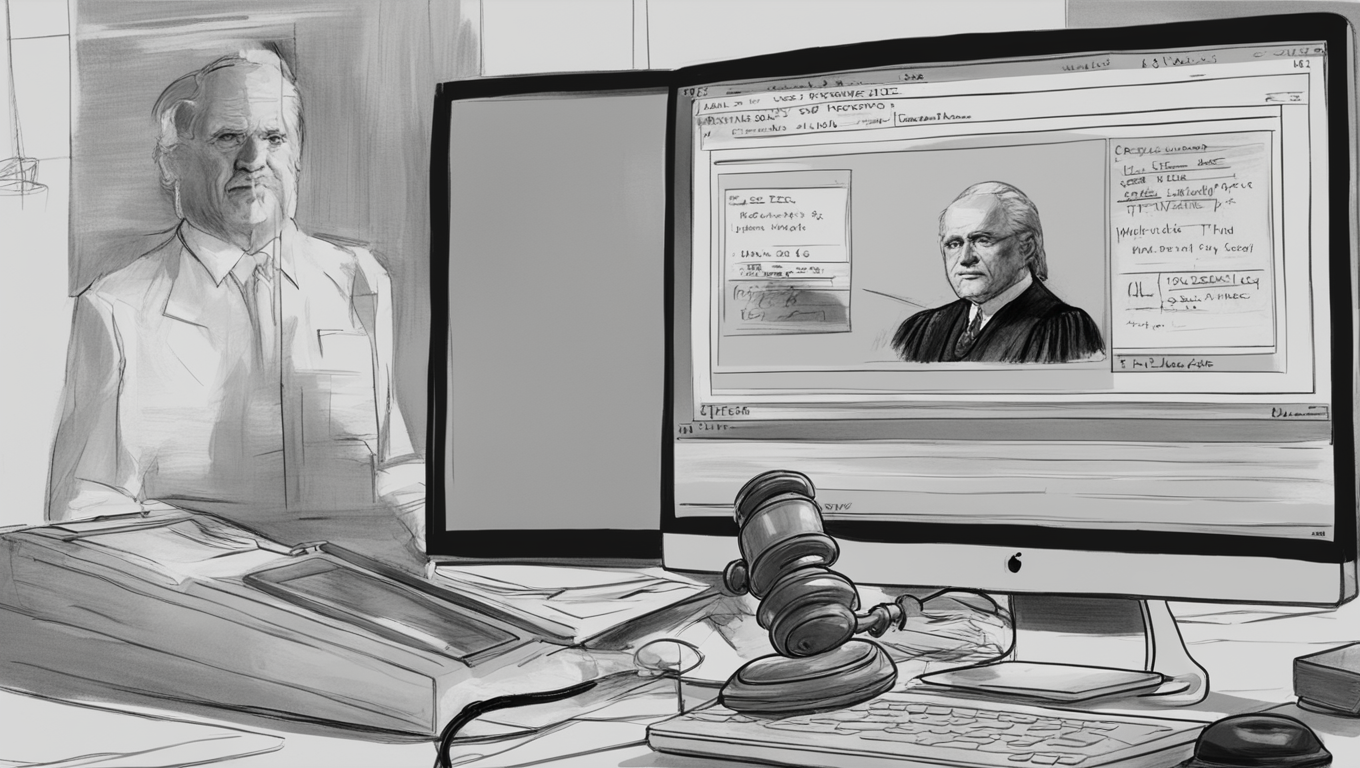Voice actors around the world are banding together to protect their craft and vocal rights against the rise of AI cloning. Armando Plata, a voice actor from Colombia, recently discovered that his voice had been cloned without his knowledge or permission using artificial intelligence technology. Plata, who has a deep and distinctive voice, believes that his voice may be one of the most cloned and artificially used voices in Spanish. He is now leading an effort to legislate the “right to own one’s voice” in Latin America and is part of a global movement of artists fighting for their rights in the face of AI advancements.
The issue of voice cloning has gained attention as cloning a voice has become more accessible and affordable. With AI technology, it now costs only a few dollars to clone a voice that used to cost $10,000 in server and AI-training costs. The temptation for companies to use AI clones instead of voice actors is evident, given the substantial cost difference. However, this threatens the livelihood and artistic expression of voice actors worldwide.
In response to the rise of AI voice clones, voice actors in countries like Chile and Colombia have initiated legislative projects to establish voice ownership as a human right. These efforts aim to provide a basis for future regulations that protect the voices of artists. The proposals include mandates for audio watermarks in materials generated with synthetic voices to ensure proper attribution.
The issue of voice cloning goes beyond just protecting the voices of well-known actors. It affects anyone who has recorded audio anywhere, as there is potential for scams or blackmail. Tim Friedlander, president of the National Association of Voice Actors, highlights the need for global legislation to address this issue. The European Union’s AI Act, which classifies AI tools by potential risk, is being closely observed by artists worldwide, as it aims to establish a global baseline for the use of synthetic voices.
While the push for regulations and protections is gaining momentum, many voice actors are taking precautions to protect their voices. They are negotiating contracts with fair compensation for AI-related projects and working towards ensuring ethical use of voices. Additionally, industry organizations have clauses in their contracts to guard against abuse by AI. However, it is important to note that less than one in five workers in the industry is unionized, which poses challenges in protecting the rights of all voice actors.
Until global legislation is in place, advocates for human rights hope that companies and platforms will pay named voices instead of relying on startups that sell AI copies generated from scraped data. Colin McIlveen, vice president of Voices.com, emphasizes the importance of ethical AI use in the industry. He notes that organizations are now seeking ethical sources for voice acting, a shift from the previous focus on cost-effectiveness.
Despite the challenges, voice actors are optimistic about the future. Plata believes that if AI is regulated properly, it can become a new source of artistic income. He envisions his voice being productive for generations to come, creating a lasting legacy for his family.
The fight to protect the rights of voice actors is ongoing, but with the collective efforts of artists and the support of regulations, the hope is to ensure that their voices remain their own and their artistry is respected in the age of AI cloning.





Use the share button below if you liked it.